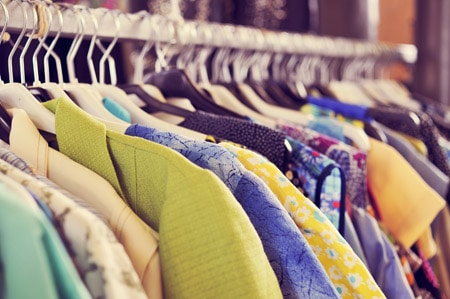The warning was issued on Friday (February 9) where the council said clothing banks spotted in Milton Keynes and Northampton “in the past have shown some containers were owned by a limited company and not a charity”.
The council added that there has also been an emergence of several unaffiliated textile banks across the district, which are being investigated due to suspected false claims that they support people in need.
The council warning said: “It’s important landowners and the public are aware about these potentially misleading clothes banks, as clothing and shoes deposited in such containers may not benefit charitable causes or be disposed of in a responsible and sustainable manner.
Responsible recycling through legitimate textile recycling banks is vital
- Cllr Stuart Gourley, West Berkshire council
‘Responsible recycling’
Cllr Stuart Gourley, executive member for climate action, recycling and biodiversity at West Berkshire council, added: “Responsible recycling, particularly through legitimate textile recycling banks, is vital for a sustainable future and helps combat fly-tipping, an issue that harms our environment and communities.
“By supporting authentic charity textile banks, we engage in a cycle that benefits both the planet and those in need. It’s crucial to ensure our donations go to genuine causes, reinforcing our commitment to responsible recycling and supporting real charitable efforts. Together, we can make a significant impact on both our community and the wider world.”
Recyclers
Similar warnings in the past over the use of non-charity textile banks have been raised, when charity retailer Traid said two thirds of people are “unaware that textile banks can be run by commercial companies” (see letsrecycle.com story).
The warning from the council however will not be well received by many textile recyclers. While they are limited companies, they often offer textile bank services ensure clothes are sent for reuse in other countries and contribute to reducing waste.
These same companies, the recyclers argue, will often also be some of the biggest buyers of clothes from charity shops.











Subscribe for free